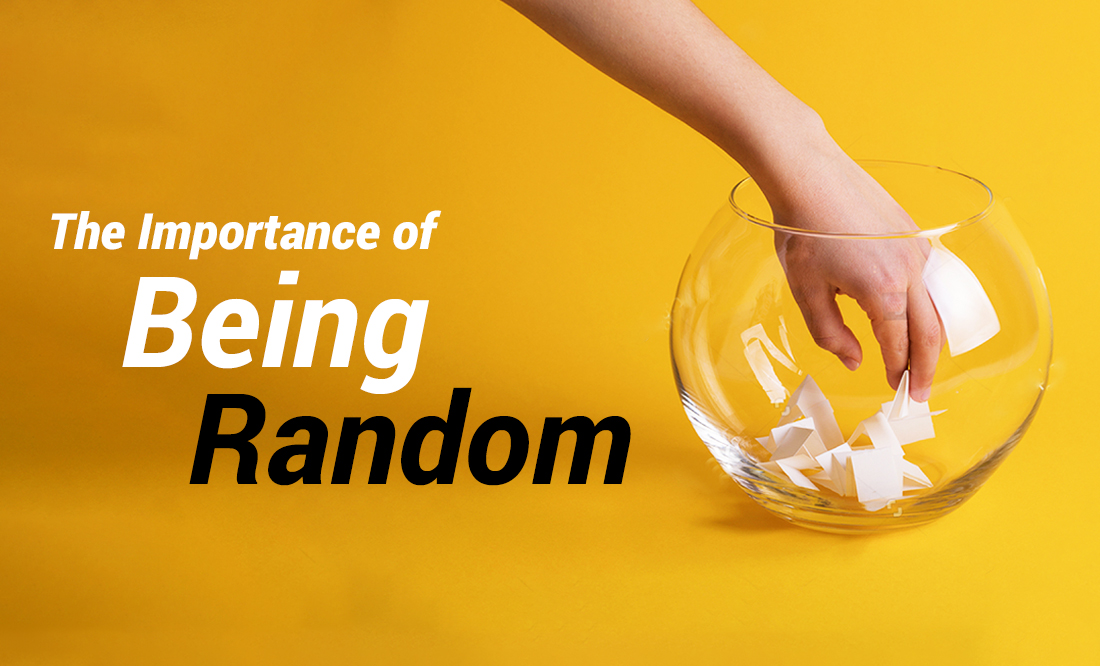Some of the most important discoveries in human history have been the accidents. The accidental recognition that something seemingly random is unique and important. Without this phenomenon, we would not have fire, radioactivity, gunpowder, or penicillin. All of these things that have changed human history (for better or worse) were not discovered because people were looking to solve a problem. Rather, they were a discovery looking for a problem.
In the world of AI and programmatic marketing, customer journeys and automation, I fear we will lose the randomness. More importantly, we will lose our ability to create or accept randomness.
The other day I was watching Netflix in a hotel, and it was logged into someone else’s account. I discovered a program called YOU, a creepy psychological thriller. I watched a few episodes and became addicted. Then I did an experiment. I went to my own Netflix account and checked all my recommendations…YOU was nowhere to be found. An algorithm had decided that I would be more interested in things I’ve watched before rather than something I had never seen. It makes sense, the reason I had no recommendations of psychological thrillers is because I had never watched one on Netflix and the reason I had never watched one is because it had never come up in my recommendations.
Here is why I think this is important: Marketing is increasingly going to be driven by process, automation and AI. This will yield a significant performance improvement over the manual, sporadic and broad based marketing that dominates today. The risk is that it will also become increasingly predictable and we will miss the big discoveries that sometimes result from random events but could completely change our course of direction.
We must never abandon the opportunity for human discovery, our appreciation of the random, and our curiosity to explore the unexpected, or else we may end up in a marketing dystopia that we never intended to be in.

by Regan Yan, CEO of Digital Alchemy
Regan is a subject-matter expert in analytical database marketing and customer relationship marketing, as well as an in-demand presenter and keynote speaker at national and international events. He also authors thought leadership pieces on data-driven marketing which can be found on the DA Blog.



